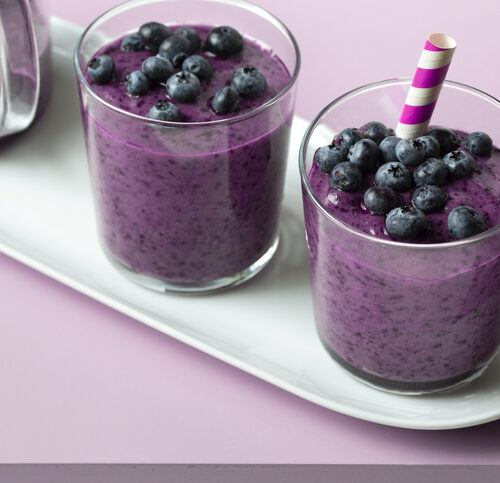
Q: "Is a wooden chopping board better to use than the new plastic type? I have read that wood contains certain natural qualities that kill bacteria. I do realise a chopping board needs to be cleaned no matter what."
Brian
A: Nutritionist Bronwen King responds:
"The answer to your question is no. While some woods may have antibacterial qualities, food safety experts say there is not enough evidence to recommend them over plastic as a better material for chopping food. The important thing as you note, is that boards must be kept clean no matter what!
Wood has largely lost favour as the traditional material for chopping boards, mainly because it is harder to care for. This is because the cracks that form (from regular exposure to water) provide comfortable homes for germs like bacteria and make cleaning very difficult. This and the fact that wood should not be put in a dishwasher make it a less popular choice today. It is important to note, however, that if cleaning is thorough, wooden boards have as hygienic a cutting surface as any other board.
Plastic (polypropylene), although harder on knives, does not crack and can be put through the dishwasher. Other advantages are its price (generally cheaper) and the fact that it is easier to keep dry.
In the end, however, you should go with your personal preference and be diligent about care.
Tips for keeping your boards safe and clean:
- Reduce the risk of cross-contamination by having separate boards for raw meat and cooked food items. Colour coding is an easy way to do this, eg use red boards for uncooked meats and white boards for cooked food items.
- Scrub boards thoroughly between use. A metal scraper is a useful tool for scraping down the surface of boards before washing.
- Wash thoroughly in hot soapy water. Leave to dry in the air or use a clean cloth.
- Put plastic boards through the dishwasher as often as you can. The rinsing temperature is sufficient to kill most harmful bacteria.
- Ensure cleaned boards stay dry. This is because bacteria thrive on moisture.
- Store boards upright and separated, ie not leaning against each other. This allows air to circulate and assists in keeping them dry."
www.healthyfood.com











